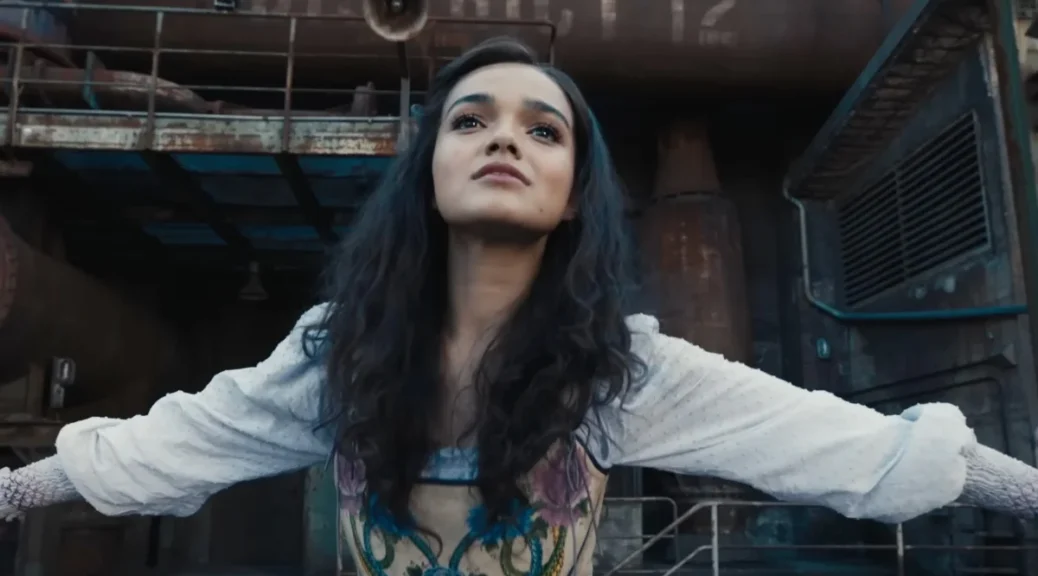The Hunger Games: The Ballad of Songbirds & Snakes
by Hope Madden
If I’m honest, I didn’t need another Hunger Games. While I recognize that the history of the games, the political upheaval that pushed society toward this level of privileged inhumanity, was certainly rife with possibility. But I couldn’t muster any interest, certainly not 2 ½ hours worth.
That’s saying something, because two of my all-time favorite actors – Viola Davis and Peter Dinklage – co-star. And Davis plays a mad scientist of sorts, which is inarguably intriguing. And Dinklage plays the actual creator of the hunger games themselves, so both villains? OK, I’m not made of stone. I’m in.
The Hunger Games: The Ballad of Songbirds & Snakes – while too long and cumbersome for a single film – delivers a scathing and pointed reflection of modern society with more precision and bite than any of its predecessors.
Coriolanus Snow (Tom Blythe) would one day rule the Hunger Games and all of Panem (played in the previous four films by Donald Sutherland), but today, he’s just trying to finish prep school and win the coveted Plinth scholarship to the university. But this year, there’s a catch. To win the scholarship, you need to mentor a tribute. They don’t have to win, they just have to make enough of an impression to draw viewers.
Again taken from a dystopian YA novel by Suzanne Collins, the latest Hunger Games holds a mirror up to society and sees power and privilege – and the lust to keep them – as cataclysmic to humanity. Collins is not wrong. And she’s not in a forgiving mood, bless her.
Davis and Dinklage are characteristically wonderful, Davis a particular delight in a weirdly sinister role while Dinklage offers a mournful, broken soul for the film.
Blythe’s arc is long and tough, and he convinces with a very human turn that’s all the more chilling for its understatement. Rachel Zegler plays the tribute in question, Lucy Gray, stealing scenes with a rebellious fire and f- you attitude. Jason Schwartzman is weatherman/amateur magician and Hunger Games host Lucky Flickerman, injecting the film with humor that’s equal parts flashy and cynical.
Francis Lawrence returns to direct, after helming all but the 2012 original. While his previous efforts balanced flash with action, the latest installment loses footing as it travels from one grim reality to another. But when a protagonist’s future is not in question, it can be tough to generate real empathy, interest or tension. Lawrence, thanks to a game cast and a go-for-blood script, manages to do it.



